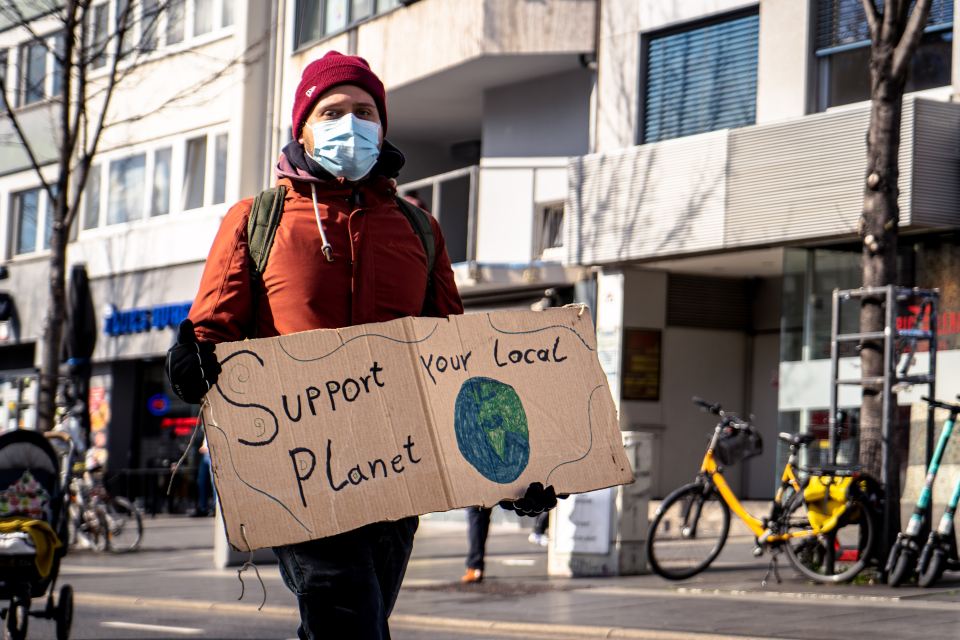
How Does ClientEarth’s Case Against Shell Measure Up Against Other Instances of NGO-led Climate Litigation?

In a world where activism serves as the catalyst for change in environmental, social, and corporate governance issues, the advent of climate litigation initiated by Non-Governmental Organizations (NGOs) offers a compelling turn of events. Responsible businesses must engage with activism, for it is the vanguard of societal transformation.
In recent times, ClientEarth’s legal battle against Shell’s Board of Directors has caught international attention, but how does it measure up against other instances of NGO-led climate litigation?
The ClientEarth v Shell’s Board of Directors Case: A Quick Overview
ClientEarth, an environmental law NGO, has been at the forefront of leveraging legal mechanisms to prompt corporate accountability in environmental matters. In a nutshell, ClientEarth (a minority shareholder in Shell) argued Shell’s directors had breached their duties to promote the success of the company and exercise reasonable care, skill and diligence because Shell’s energy transition strategy does not align with the targets set out in the Paris Agreement, putting shareholder value at risk and jeopardising the company’s future, and that Director’s had failed to comply with a Dutch Court decision ordering Shell to reduce its global carbon emissions.
This case is significant as it adds legal pressure to reputational risks already faced by Shell, thus affecting its stakeholder dynamics.
Why Activists Are Turning to Strategic Litigation
While the case against Shell’s Board of Directors is interesting primarily due to how innovative it is because it is one of the first climate-related derivative actions against a Board of Directors under the English Companies Act and the first English case targeting corporate directors personally, it is just the tip of the iceberg as we have observed activists have been resorting to litigation as a key strategy since 2018. Most of these cases have been those challenging climate inaction driven by accusations of greenwashing combined with changes in the regulatory environment that have given activists the legal basis to sue.
While past climate litigation may have targeted governments, recent cases are increasingly setting their sights on multinational corporations. Not just isolated cases, we can see a real push towards litigation as an organised strategy to hold institutions accountable and we believe that no industry or corporation is immune.
In cases against corporates, we see challenges to Net Zero plans and biodiversity impacts of operations; demands for polluting companies to provide compensation for past and future environmental harms; and attempts to stop financial institutions from funding polluting industries.
SIGWATCH’s Opinion
While it’s tempting to gauge success through legal wins or losses, the impact of NGO-led litigation extends beyond the courtroom. These cases serve as societal accelerators, amplifying public awareness and spurring dialogue among stakeholders. In the case of ClientEarth v. Shell’s Board of Directors, the magnitude of potential impact is immense
However, even though a win is not guaranteed or common when activists sue companies, NGOs are still meeting their objective: garnering public attention and endorsement. That is why NGOs choose big-name companies such as Shell to be the targets of their claims. This kind of case may be unsuccessful in a court of law, but extremely successful in the court of public opinion.
Conclusion
For businesses, understanding the climate litigation landscape is critical, particularly given the increasing influence of activist NGOs. ClientEarth’s case against Shell’s Board of Directors is a critical development that is comparable, yet unique, in relation to other NGO-led litigations. As experts in activist campaigning and corporate engagement, SIGWATCH believes that while the High Court dismissed the case, its existence underscores the indispensable role of activism in shaping corporate responsibilities and societal values.
As we’ve seen, the shades of success in NGO-led climate litigation are varied and complex. Regardless of the legal outcomes, these cases are reshaping the corporate world’s understanding of risk, accountability, and their broader role in society.